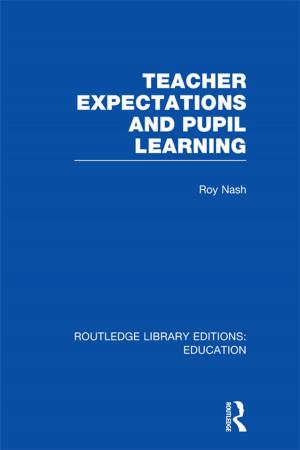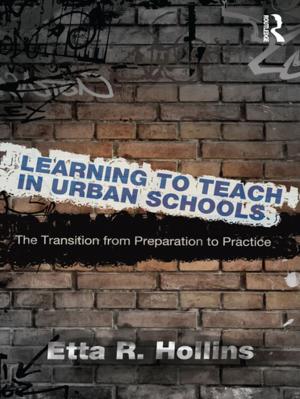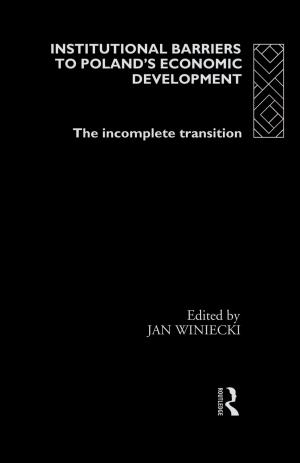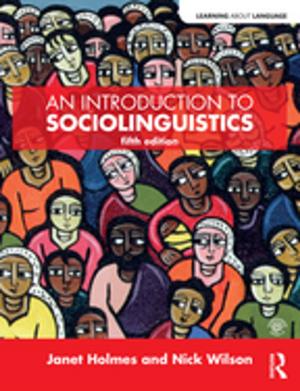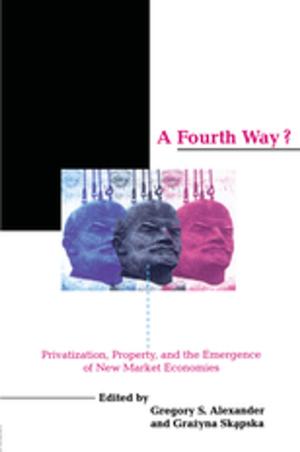Improving Learning through Consulting Pupils
Nonfiction, Reference & Language, Education & Teaching, Educational Theory, Educational Reform, Teaching, Teaching Methods| Author: | Jean Rudduck, Donald McIntyre | ISBN: | 9781134117772 |
| Publisher: | Taylor and Francis | Publication: | November 21, 2007 |
| Imprint: | Routledge | Language: | English |
| Author: | Jean Rudduck, Donald McIntyre |
| ISBN: | 9781134117772 |
| Publisher: | Taylor and Francis |
| Publication: | November 21, 2007 |
| Imprint: | Routledge |
| Language: | English |
Pupil consultation can lead to a transformation of teacher-pupil relationships, to significant improvements in teachers' practices, and to pupils having a new sense of themselves as members of a community of learners. In England, pupil involvement is at the heart of current government education policy and is a key dimension of both citizenship education and personalised learning.
Drawing on research carried out as part of the Teaching and Learning Research Programme, Improving Learning through Consulting Pupils discusses the potential of consultation as a strategy for signalling a more partnership-oriented relationship in teaching and learning. It also examines the challenges of introducing and sustaining consultative practices. Topics covered include:
- the centrality of consultation about teaching and learning in relation to broader school level concerns;
- teaching approaches that pupils believe help them to learn and those that obstruct their learning;
- teachers' responses to pupil consultation - what they learn from it, the changes they can make to their practice and the difficulties they can face;
- the things that can get in the way of pupils trusting in consultation as something that can make a positive difference.
While consultation is flourishing in many primary schools, the focus here is on secondary schools where the difficulties of introducing and sustaining consultation are often more daunting but where the benefits of doing so can be substantial. This innovative book will be of interest to all those concerned with improving classroom learning.
Pupil consultation can lead to a transformation of teacher-pupil relationships, to significant improvements in teachers' practices, and to pupils having a new sense of themselves as members of a community of learners. In England, pupil involvement is at the heart of current government education policy and is a key dimension of both citizenship education and personalised learning.
Drawing on research carried out as part of the Teaching and Learning Research Programme, Improving Learning through Consulting Pupils discusses the potential of consultation as a strategy for signalling a more partnership-oriented relationship in teaching and learning. It also examines the challenges of introducing and sustaining consultative practices. Topics covered include:
- the centrality of consultation about teaching and learning in relation to broader school level concerns;
- teaching approaches that pupils believe help them to learn and those that obstruct their learning;
- teachers' responses to pupil consultation - what they learn from it, the changes they can make to their practice and the difficulties they can face;
- the things that can get in the way of pupils trusting in consultation as something that can make a positive difference.
While consultation is flourishing in many primary schools, the focus here is on secondary schools where the difficulties of introducing and sustaining consultation are often more daunting but where the benefits of doing so can be substantial. This innovative book will be of interest to all those concerned with improving classroom learning.


